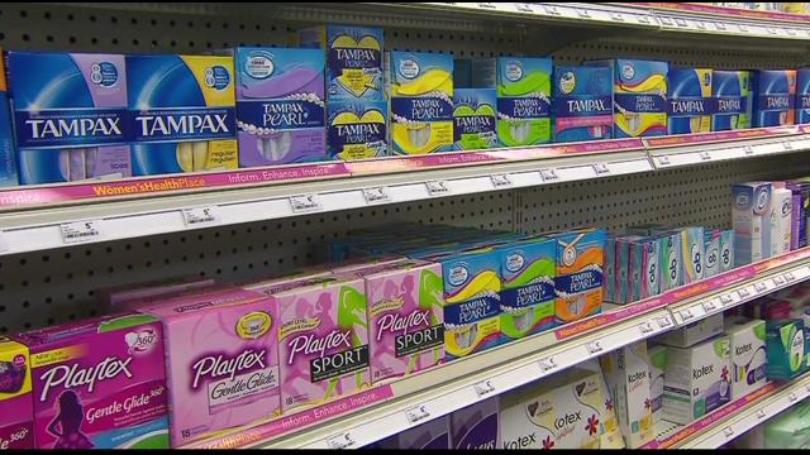
To maintain health, hygiene is absolutely necessary and there is an old saying too backing it, “Hygiene is two-thirds of health”.Whenever hygiene is mentioned it’s a norm to end up in feminine hygiene and the products now widely and essentially used to maintain it. But have you ever spared a thought if they are really true to their purpose? If not, here’s the answer!
Women’s feminine hygiene practices particularly vaginal douching and use of feminine powder – may be associated with higher levels of volatile organic compounds (VOCs) in their blood, according to a new study published in the Journal of Women’s Healthy. Researchers showed that black women used vaginal douching significantly more and had significantly higher whole blood concentrations of 1,4-dichlorobenzene (DCB).
The use of feminine powder was significantly associated with higher blood concentrations of ethylbenzene. These products may be a direct source of VOC exposure or they may be related to other activities that increase exposure.”The vulvovaginal tissue should not be exposed to harmful VOCs, especially during pregnancy,” suggested Susan G. Kornstein, MD, Editor-in-Chief of Journal of Women’s Health and Executive Director of the Virginia Commonwealth University Institute for Women’s Health, Richmond, VA.
Maintaining the slightly acidic nature of the vulvar area is of great importance for hygiene and the most alkaline soap is not a good option for intimate cleansing. Lukewarm water and gentle cleansing is all it takes for keeping the Vulvar region healthy. A paste of Margosa leaves can be applied externally if any bacterial infection is suspected and wash-off with plenty of water later.


Post Your Comments